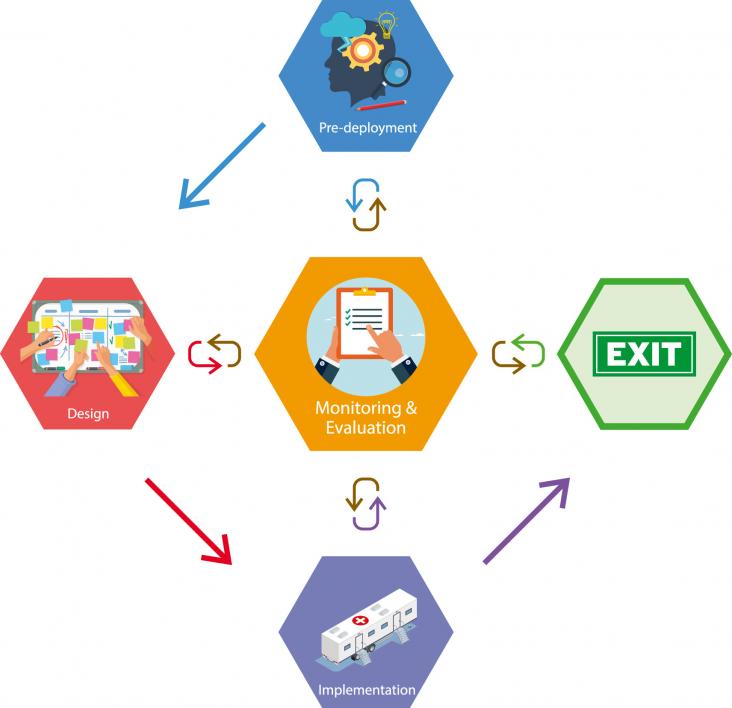Elsevier,
Bone Sarcomas and Bone Metastases - From Bench to Bedside (Third Edition), Bone Sarcomas and Bone Metastases - from Bench to Bedside, 2022, Pages 17-23
Examines the economic impact of bone metastasis for patients with cancer. Supports SDG 3.4.1 to 3.4 , reduce by one thirdmortality rate attributed to cardiovascular disease, cancer, diabetes or chronic respiratory diseases.
This Research Paper supports SDGs 5 and 10 by applying machine learning techniques to understand gender-based violence in contexts with low prevalence data, offering insight into factors associated with non-marital sexual violence in India.
Elsevier,
Cognitive Data Models for Sustainable Environment, Cognitive Data Science in Sustainable Computing, 2022, Pages 231-252
This chapter advances goals 3 and 5 by examining the cosmetic related ecological hazards emphasizing on the overview of microplastic ingredients and plastic packaging of PCCPs which are instigating a mounting environmental concern.
The paper examines the prevalence and patterns of honour-based violence and oppression by documenting and analysing self-reported experiences among youth in contemporary metropolitan Sweden.
Location-based social media data can offer useful insights on the spatial and temporal dynamics of public attitudes.
Various researches have been carried out in the past to understand psychological trauma that suggest that gender differences can be observed in the type, prevalence, and impact of trauma.
Background: Infections are among the leading causes of maternal mortality and morbidity.
Management of menstruation, pregnancy prevention, and mitigation of gynecologic-related pathology in the space environment with or without the use of hormonal modalities requires thorough counselin
This chapter supports SDGS 3, 5 and 16 by explaining the role of psychological science and research in the training and development of law enforcement, in order to improve responses to cases of intimate partner violence (IPV).

